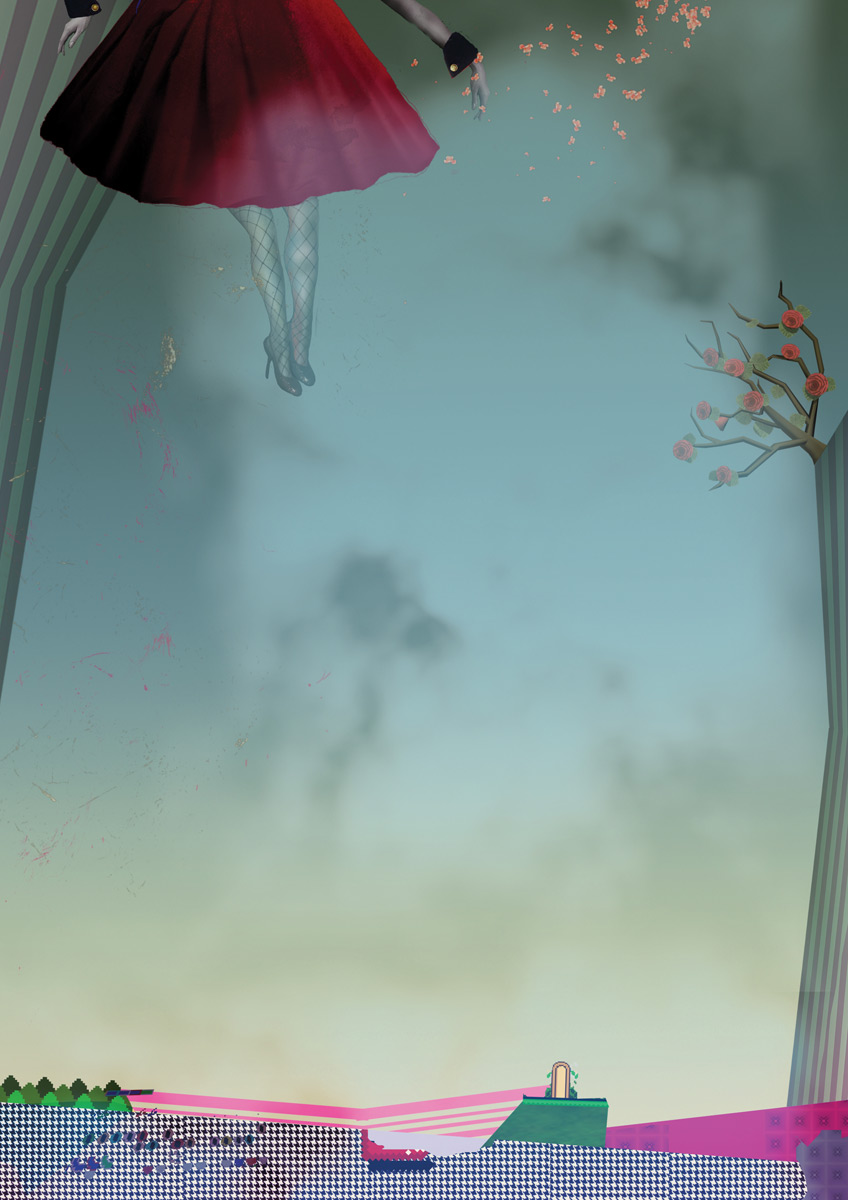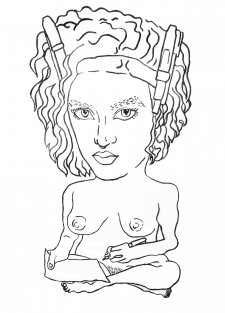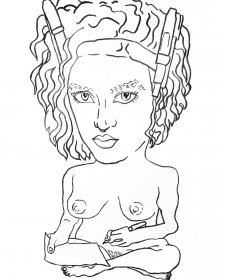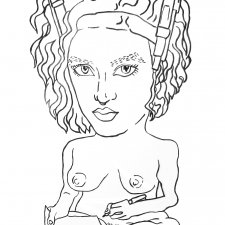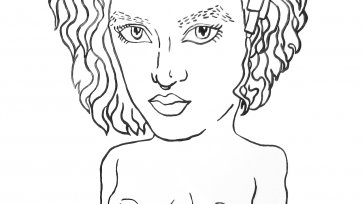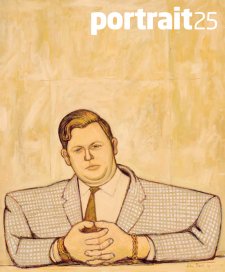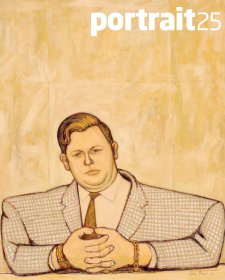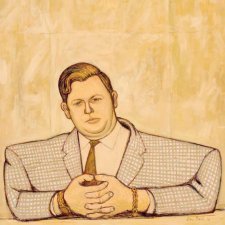Animation dominates many aspects of our lives including the scientific, defence and entertainment spheres. Forensic scientists use animation techniques to recreate crime scenes, medical professionals use animation to visualise the effects of diseases on the human body, and barely a blockbuster film can be made without the aid of CGI.
1. an·i·mat·e (v): to give life or vigour
Video, computer games and digitally animated media-scape such as the Second Life phenomenon are changing the way we learn and the way we interact with each other. The American military now employ animators to create flight and battle simulators as well as designing realistic games aimed at engaging new recruits.
Animation in Australia is big business and Australian animators are constantly generating a lot of interest from international critics. The Australian visual effects company Animal Logic employed hundreds of local artists for more than a year to create last year’s Oscar winning animated film Happy Feet. In 2003, Adam Elliott’s quirky and endearing character Harvey Krumpet was awarded an Oscar for Best Animated Short Film beating Disney, Pixar and Fox Studios to the chase. Barely out of film school, Sejong Park achieved a nomination for the same award in 2005 for his film Birthday Boy and last year Anthony Lucas received the same nomination for his work The Mysterious Geographic Explorations of Jasper Morello.
2. an·i·mat·e (v): to give (a film or character) the appearance of movement using animation techniques
In October the National Portrait Gallery will launch its first exhibition designed specifically for the online environment. Animated features self portraits created by some of Australia’s most innovative visual artists and animators. The exhibition will showcase a variety of conceptual approaches and a host of different animating approaches ranging from the traditional stop motion, claymation and cel animation to computer animation techniques such as Flash, 3D animation and other CGI techniques in two and three dimensions.
The exhibition will demonstrate the appeal of animation to visual artists working in Australia through a broad spectrum of participants; ranging from industry professionals, through to visual artists and musicians. The exhibition also features artists at various different stages of their careers. Among the exhibitors are recent digital art graduates, emerging animators, established industry specialists and even an Oscar nominee.
3. an·i·mat·e (adj): alive or having life
The Animated project is unique for many reasons. Most significantly is the fact that the exhibition is restricted to self portraiture. Any animator will tell you that to ‘bring something to life’, using any technology, requires a microscopic understanding of how that particular subject appears, acts and moves. The Animated exhibition supplies artists with a subject they are already on intimate terms with; their own selves. The self portrait nature of the exhibition provides artists with the opportunity to re-present themselves; their likeness, personality, characteristics, memories, self-image and history using all the techniques the various technologies of animation provide.
Animation gives the artist the opportunity to combine the visual and the temporal; some artists construct a very literal realistic portrait exploring their physical appearance, whilst others develop and project their notions of their impression on the world through the combination of allegory and metaphor.
The availability of movement and sound provide opportunities for expression not possible in other forms of portraiture. The Animated participants are not restricted to a single shot, a moment in time; a static display. Instead, they can explore and combine all the elements of consciousness to create a portrait that that is not just a face but a life.
Computer animation techniques enable the artist to engage with the audience in the form of interactive animations. The ‘don’t touch the art’ rule is playfully disregarded as viewers of these animations take control of the action. In this self portrait project, the animators become the animated.
